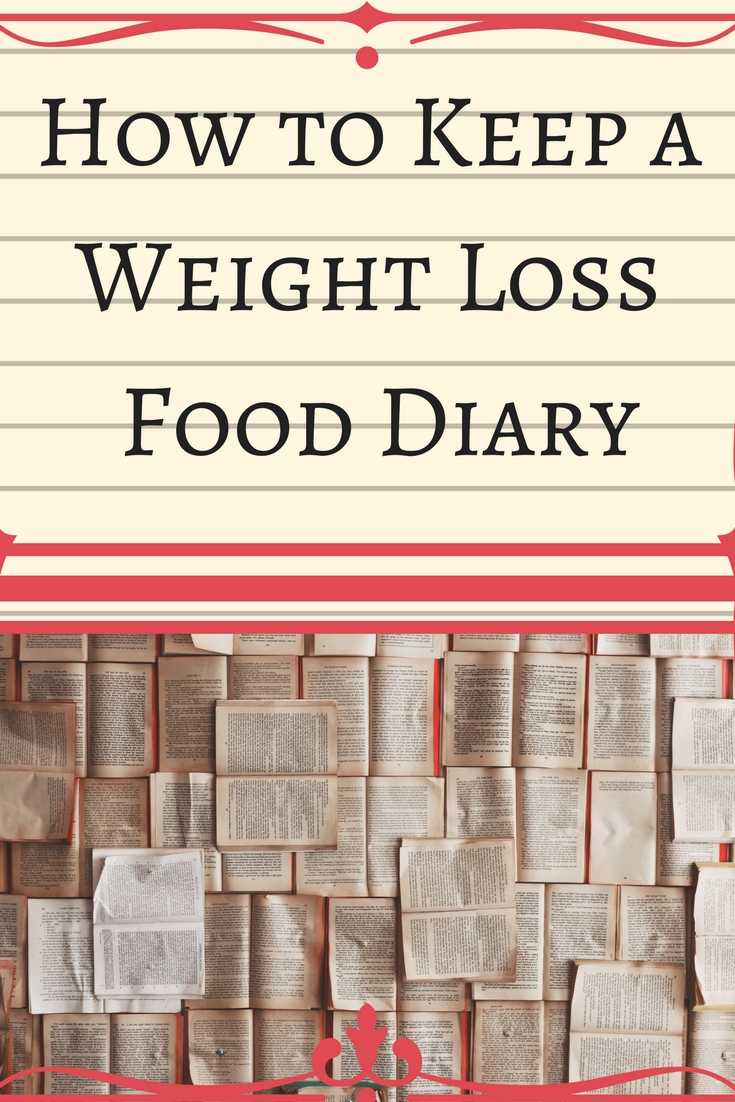Medical professionals often recommend keeping a food diary for health reasons, and weight loss is one of them. Keeping a record of what you eat can help you chart calories, identify unhealthy habits, and more. Here are some tips on how to keep a food diary, and how it may help you in your weight-loss efforts.

Keeping a Weight Loss Food Diary:
1. The diary itself
In today’s world, many people have mobile devices that function as portable computers. You could keep your food diary on your mobile device, or you may prefer to carry a small notebook. You can even buy a Daily Food Journal. Whatever you choose, make it something convenient and cohesive, so you are not jotting down information on random bits of loose paper all day. I prefer to write stuff down in a journal, but I really like Sparkpeople‘s food tracker too.
2. What do you write?
Basically, a food diary is a record of everything you put into your mouth. Whether it’s a jelly bean from your co-worker’s desk or a salad at lunch, write it down in your food diary. Note details – did the salad have tomatoes, cheese, cucumbers, etc.? What kind of dressing did you put on it, and how much? You should also write down what time you ate a given food.
At first, it might be a good idea to write down what you’re eating before you make any changes to your diet. That way, you can make smart changes that are tailored to your well-documented eating style and habits.
If you like, you can also record how you are feeling on particular days and times of the day in your food diary. This may help you recognize patterns of worry or stress eating.
Calorie charting and counting is another thing you can write in your food diary. There are numerous websites that can help you with determining the calorie content of various foods, like MyFitnessPal.
3. What the diary can show you
As you assess your food diary, some things may come to light. As noted above, you might notice you have a tendency to eat sugary foods when you are feeling stressed, or starchy foods before bed. You might also notice that you eat fatty snacks when you watch TV or talk on the phone. So-called “mindless eating” cannot be ignored when it’s there in black and white!
As you begin to see these patterns and habits, you can make informed choices about where you can cut back and/or substitute healthy foods for unhealthy ones. You may also find that seeking support or therapy becomes easier when you have identified some specific problems or areas where you need help.
